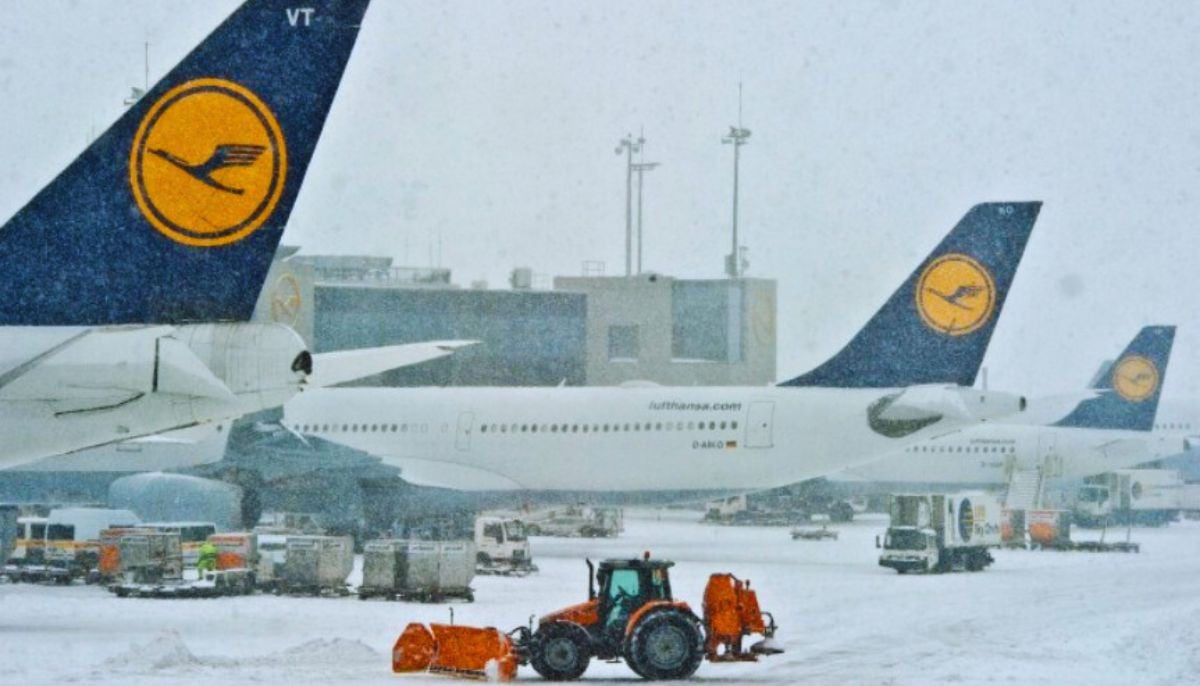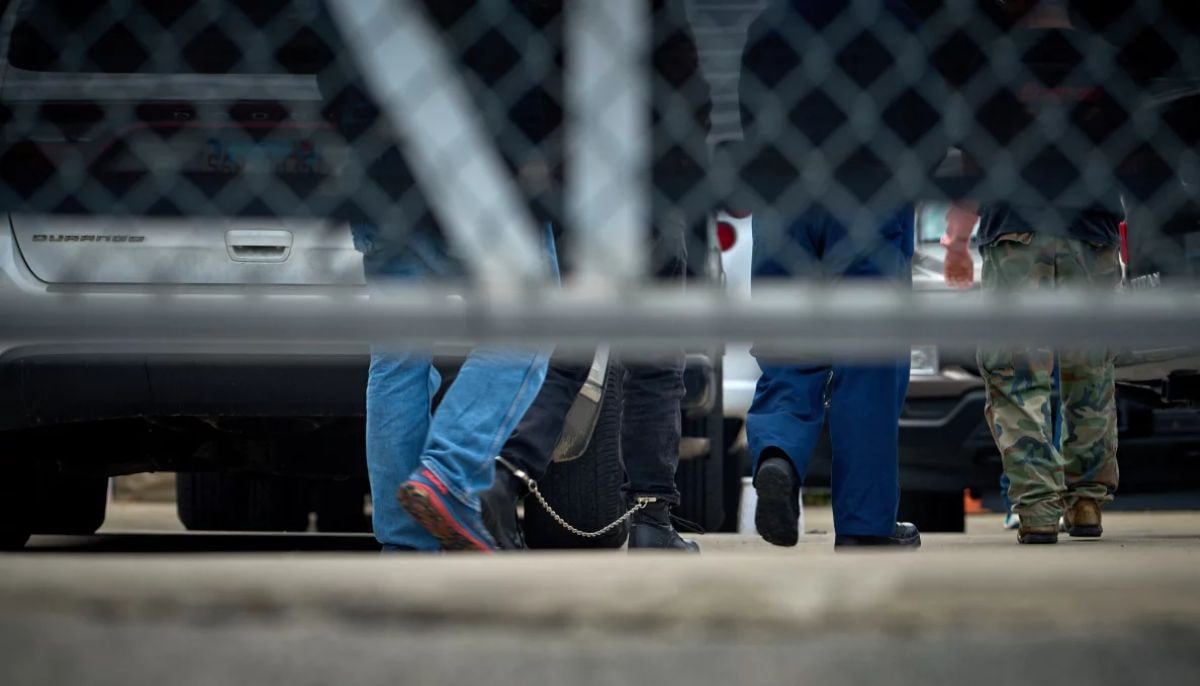Al-Aqsa Flood: How did Israel's top intelligence fail to halt Hamas attack?
"We have no idea how this could have happened," said Israeli officials after Hamas attack
Following a surprise Hamas strike on Saturday that involved aircraft, maritime, and ground operations, launched by the Palestinian organisation from the Gaza Strip, Israel found itself in helplessness.
"We have no idea how this could have happened," said Israeli officials.
The tightly guarded border between Israel and the Gaza Strip allowed dozens of Palestinian fighters to cross while thousands of missiles were launched into Israel from Gaza.
It is amazing that no one anticipated this given the combined efforts of Shin Bet, Israeli domestic intelligence, Mossad, its external spy agency, and all the resources of the Israel Defence Forces, BBC reported.
Or, if they did, they did not follow through.
Perhaps the most comprehensive and well-funded intelligence services in the Middle East are found in Israel.
It has spies and agents in Palestinian organisations as well as in Lebanon, Syria, and other places.
It has executed well-timed killings of Palestinian leaders in the past, intimately aware of all their activities.
These have occasionally been carried out using drone strikes after agents have installed a GPS tracker on a person's automobile, and in the past, even exploding mobile phones.
On the ground, there are cameras, ground-motion sensors, and frequent army patrols along the sensitive border barrier between Israel and Gaza.
A "smart barrier" with barbed wire on top of the fence was intended to stop exactly the kind of infiltration that occurred in this incident.
However, Hamas fighters simply bulldozed through it, created gaps in the wire, or crossed into Israel by boat and paraglider.
It must have taken Hamas exceptional levels of operational security to plan and carry out such a planned, intricate offensive that involved collecting and firing thousands of rockets right in front of the Israelis.
On the 50th anniversary of another surprise strike by Israel's adversaries at the time— the Yom Kippur War of October 1973 — the Israeli media has been urgently questioning their nation's military and political leaders how all this could have happened.
Israel, however, currently has more important priorities. It must stop the invasion of its southern borders and expel the Hamas fighters in charge of many Israeli communities on the other side of the fence.
It must deal with the problem of its own nationals who have been kidnapped, either by mounting an armed rescue operation or by engaging in negotiations.
It will attempt to destroy the rocket launch locations for all of those missiles being fired into Israel, a nearly insurmountable game of whack-a-mole given that they can be launched at any time from virtually anywhere.
The question of how Israel can prevent others from answering Hamas's call to arms, prevent the conflict from expanding to the West Bank, and potentially even pull in the heavily armed Hezbollah fighters across its northern border with Lebanon, is undoubtedly its largest concern.
-
Trump officially directs US agencies to identify and release files on extraterrestrial life
-
Who is 'Queen of Woke'? UK first female Civil head
-
Dwayne Johnson confesses what secretly scares him more than fame
-
Daniel Radcliffe wants son to see him as just dad, not Harry Potter
-
Nancy Guthrie kidnapped with 'blessings' of drug cartels
-
Heavy snowfall disrupts operations at Germany's largest Airport
-
France sees record 102mn international tourists in 2025
-
ICE deports Congolese mother despite fears she could be killed












